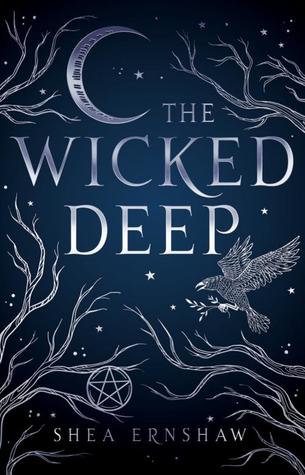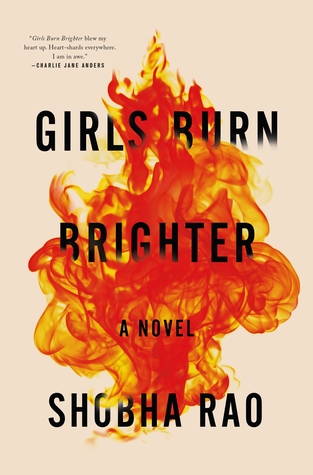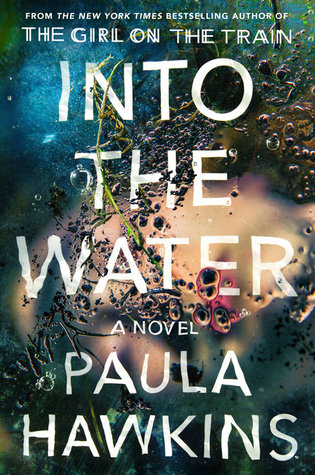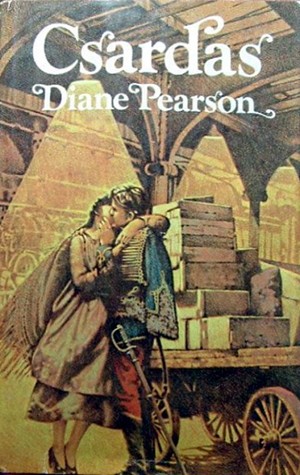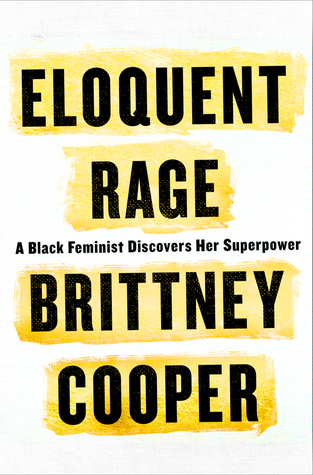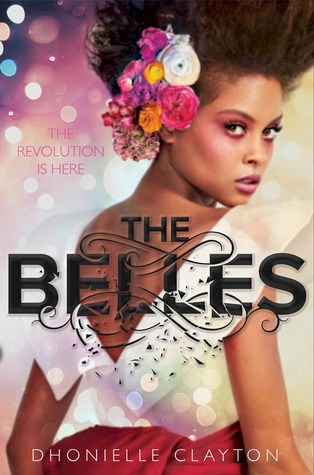
"They want a perfect victim and a perfect perpetrator. Someone who jumps out of the bushes in a park in the middle of the night and drags you to the ground by your hair. They want witnesses and screams and blood. Anything short of that is considered murky or he-said, she said, even when there's proof" (35).
"This idea that an occasional false accusation is a more serious problem than thousands of actual instances of abuse or assault or rape enrages me like nothing else" (133).
"You know for every one thousand rapes, only about three hundred and fifty will be reported to the police. About sixty of those will lead to an arrest, then ten of those will be referred to a prosecutor and if you're lucky, five of those rapists will serve prison time with no real rehabilitation of any kind" (209).
"Even with our male friends we have to ask, Is he dangerous? Is he going to hurt me? Will he freak out if I say no? Sometimes it's easier to let a guy do something you don't want to do if you think it means you'll be able to leave the situation physically unharmed. Saying no to a man is often when the real danger begins" (222).
I'd honestly quote the whole book at you if I could, but I think you get the idea. These Truth Sandwiches™ were generously catered by Victoria Namkung, author of THESE VIOLENT DELIGHTS. If you're following me, you know that I'm the Queen of Telling It Like It Is. When I say a book is good, it's because I genuinely thought it was good and not because I'm riding the hype train or trying to please all my like-minded friends. This book, THESE VIOLENT DELIGHTS, is good.
In fact, it is more than good. It is a crucial reflection of the #MeToo movement, the drastic consequences that can occur in the wake of abuse, and the importance of breaking those cycles.
Jane is a writer at a newspaper: an ordinary woman, who's a bit of a Type A professional, who's also a little bit fed up with her rich intern, Caryn. One day, Caryn tells Jane that she'd like to submit a personal essay to the paper. She leaves it for Jane who reads it... and is immediately blown away.
When Caryn was in school at the prestigious Windemere School for Girls, she had a "romantic" relationship that was initiated by one of the teachers there, Dr. Copeland. Dr. Copeland abused her trust and made her uncomfortable, and that interaction has haunted her all these years later. Particularly since the school chose to brush the incident under the carpet, letting Copeland walk.
Jane and Caryn publish the piece and there is a ton of response. Death threats. Not All Men comments. Victim blaming. Sound shocking? It isn't really. Go to any of those BuzzFeed articles about actresses and comediennes coming forward about their own high profile experiences with abuse in the industry. Now scroll down and read the Facebook comments section. I'll wait.
Caryn ends up having to step away because the push-back is so bad, but her article ends up having a positive effect: two women end up coming forward claiming that they were also abused by Dr. Copeland. Their names are Shana and Eva, both as different as night and day, but with similarities that made them perfect targets for a highly experienced, emotionally manipulative abuser.
Truth Sandwiches™ are bitter to swallow and this was no exception, but man, was it hearty fare. Apart from being quotable AF, it really captures all the different and visceral reactions people have to stories about abuse and the women coming forward about them. I felt like I was following an actual news story as more and more details came out, becoming invested in the stories of Shana, Caryn, and Eva, and yes, even Jane, as the story developed and grew more and more sinister.
The only thing I didn't really like was the end, but I understand what the author was trying to say, I think. I also think it's important to point out (as the author did in one of those quoted text blocks above) that abuse cases are rarely as clean-cut as a sinister dude popping out of a hedge to attack a virginal maid. That doesn't matter. But our society takes issue with women who don't fit neatly into the whole Madonna/whore dichotomy, particularly when you fall more on the "whore" side. So yeah, like I said, I understand the ending and the need for gray lines, but man, that was dark.
THESE VIOLENT DELIGHTS is an amazing book and I recommend it if you can stand the TS™.
Thanks to Netgalley/the publisher for the review copy!
4.5 out of 5 stars



